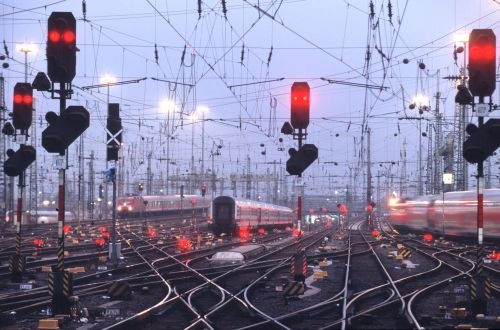The Economic Effects of Vertical Separation in the Railway Sector (EVES-Rail) study was conducted by an international research consortium led by Inno-V, Netherlands, and included researchers from the Institute of Transport Studies at the University of Leeds, Britain, the Free University of Amsterdam, Civity Management Consultants, Germany, and the universities of Kobe and Fukuyama, Japan.
EVES-Rail considered several qualitative and quantitative research efforts which assessed the effect of vertical separation on the sector's cost efficiency, its modal share, state spending and competition within the sector. The study also develops a structural analysis of the incentives of infrastructure managers and railway operators, and how these incentives may lead to efficient or inefficient outcomes for the railway as a whole depending on which structural model is in place.
Ultimately the study concludes that a one-size-fits-all model for all European countries is unrealistic given the variation of structural characteristics between different member states.
EVES-Rail finds that the effect of vertical separation on rail system costs is not a single positive or negative number that would occur identically in every country, and that competition works no better with vertical separation than with a holding company. As a result, the group says that rail sector costs would increase if a universal imposition of vertical separation was imposed in the European Union.
The study was financed by the Community of European Railway and Infrastructure Managers (CER), and its chairman, Mr Mauro Moretti, supports the study's overarching finding.
"Today member state's budgets could not cope with the rising costs deriving from such a reform, nor could European citizens," Moretti says. "We are confident that the European Commission will carefully reflect on today's discussion and that the proposal will fully take into account the results of this study."
The complete study is available at www.cer.be

